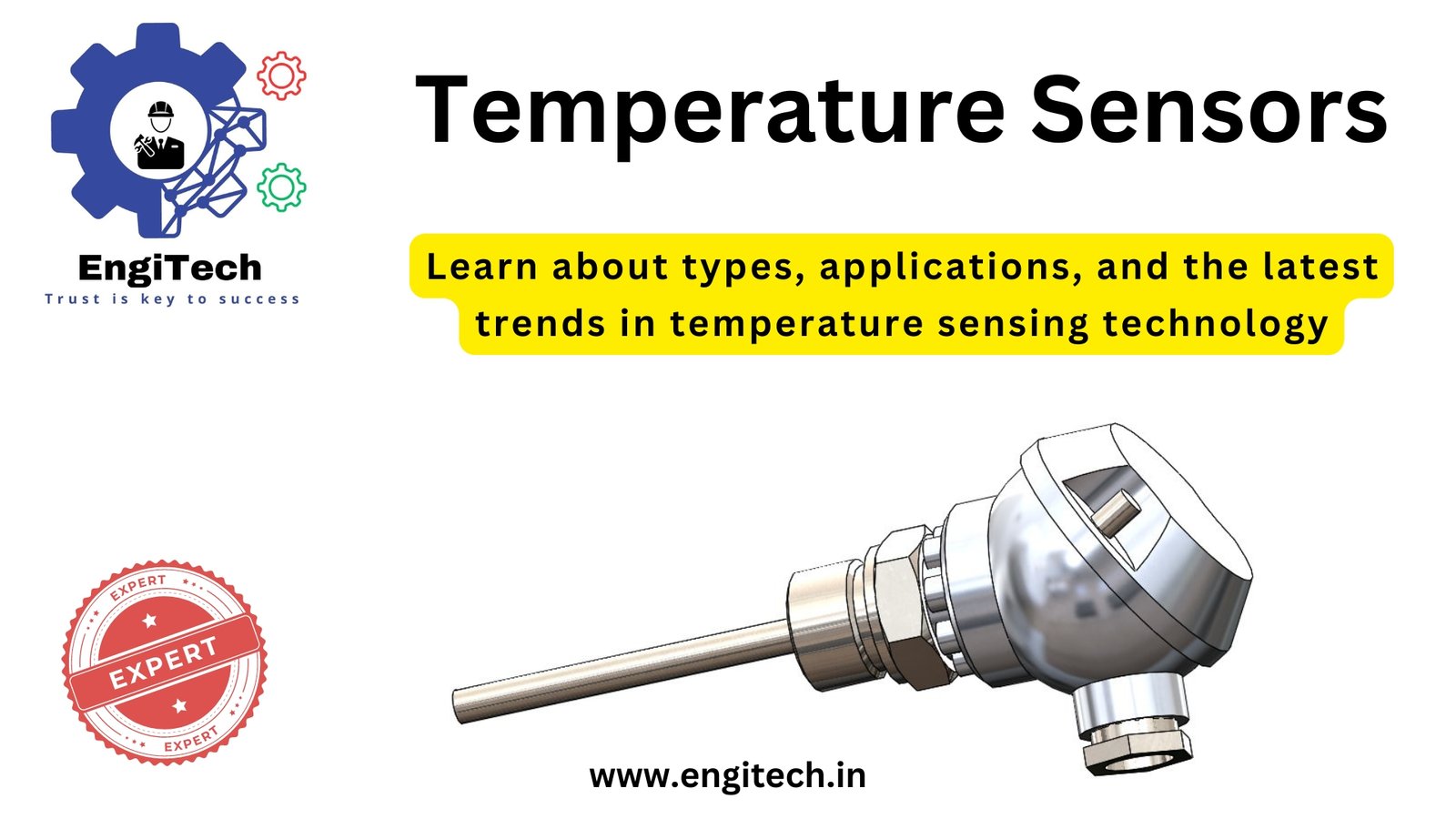Fan Coil Units: Comprehensive Guide to Understanding and Choosing the Best System

Fan coil units (FCUs) are a crucial component of HVAC systems in both residential and commercial buildings. These units ensure optimal heating and cooling, offering a flexible solution for maintaining comfortable indoor environments. Whether you’re a building owner, engineer, or simply someone interested in HVAC systems, this comprehensive guide will cover everything you need to know about fan coil units, from their types and working principles to installation and maintenance tips.
Table of Contents
What are Fan Coil Units (FCUs)?
Fan coil units are devices used for heating and cooling in various HVAC applications. They consist of a coil and a fan, which work together to regulate the temperature of a space. Fan coil units are versatile and can be installed in residential, commercial, and industrial buildings. The flexibility in their application makes them an ideal choice for modern HVAC systems.
FCUs are available in a range of configurations, and their primary function is to transfer heat between the air inside a building and the water or refrigerant running through the coils. They are often used in conjunction with larger systems like boilers and chillers, making them an integral part of multi-zoned heating and cooling systems.
How Do Fan Coil Units Work?
Fan coil units work by blowing air over a coil filled with hot or cold water. The fan draws in air from the surrounding environment, which passes over the coil. Depending on the temperature of the water inside the coil, the air is either heated or cooled before being blown back into the room.
The process typically involves the following steps:
- Heating Mode: During heating, hot water circulates through the coil. The fan pulls in air, and as it passes over the coil, the air absorbs heat. The warm air is then distributed into the space.
- Cooling Mode: In cooling mode, cold water flows through the coil. The fan again draws in air, which loses heat as it passes over the cold coil. The cooled air is then distributed throughout the room.
Fan coil units can be connected to either a central plant or an individual system, allowing for great flexibility in application.
Types of Fan Coil Units
Fan coil units come in various types, each suited for different applications. The main types include:
a) Ceiling Mounted Fan Coil Units
These are installed in suspended ceilings and are popular in commercial buildings. Ceiling-mounted units are typically concealed, providing a neat and aesthetically pleasing appearance.
b) Wall-Mounted Fan Coil Units
As the name suggests, these units are mounted on walls. Wall-mounted fan coils are common in residential settings and are easy to install and maintain.
c) Floor-Mounted Fan Coil Units
These units are placed directly on the floor, usually in areas where ceiling or wall installation is not practical. Floor-mounted fan coils are ideal for spaces that require more powerful air distribution.
d) Cassette Fan Coil Units
Cassette fan coils are ceiling-mounted but have a different air distribution pattern. They are often used in larger spaces, such as offices or conference rooms, where a uniform distribution of air is necessary.
Benefits of Fan Coil Units
Fan coil units offer several benefits, making them a popular choice in modern HVAC systems:
- Energy Efficiency: FCUs are highly energy-efficient, as they can be controlled individually. This allows for zoned heating and cooling, reducing energy waste.
- Flexibility: FCUs are versatile and can be installed in a variety of configurations, including ceiling, wall, and floor-mounted options.
- Compact Design: Fan coil units are typically compact, allowing for installation in small or concealed spaces without compromising performance.
- Cost-Effective: Due to their energy efficiency and simple design, FCUs are relatively inexpensive to install and operate.
- Silent Operation: Most modern fan coil units operate quietly, making them ideal for environments where noise levels need to be minimized, such as offices or bedrooms.
Common Applications of Fan Coil Units
Fan coil units are used in a variety of settings, including:
- Residential Buildings: Many homes utilize fan coil units as part of their heating and cooling systems, especially in multi-family dwellings or apartments.
- Commercial Buildings: Offices, retail stores, and shopping centers often use fan coil units for efficient climate control. The ability to zone different areas is particularly useful in these applications.
- Industrial Facilities: In industrial settings, FCUs provide localized heating or cooling, especially in spaces that require temperature control for equipment or processes.
Key Components of a Fan Coil Unit
Understanding the key components of a fan coil unit can help in troubleshooting and maintenance. Here are the primary parts of a typical FCU:
- Fan: The fan draws in air and pushes it over the coil.
- Coil: The coil contains water or refrigerant that either heats or cools the air passing over it.
- Filter: The filter helps remove dust and debris from the air before it enters the fan coil unit.
- Thermostat: The thermostat controls the temperature by adjusting the fan speed and water flow through the coil.
How to Choose the Right Fan Coil Unit
Selecting the right fan coil unit involves considering several factors:
a) Size of the Space
Larger spaces require more powerful fan coil units, while smaller areas can use units with lower capacity. Ensuring the correct size of the unit will improve efficiency and comfort.
b) Heating and Cooling Requirements
Evaluate the specific heating and cooling needs of the space. This will determine whether you need a single or multi-speed fan coil unit and whether the system should be connected to a central plant or an individual unit.
c) Installation Constraints
Consider the available space for installation. Ceiling-mounted, wall-mounted, and floor-mounted units all have different space requirements.
d) Noise Levels
In spaces like bedrooms or conference rooms, quiet operation is crucial. Look for fan coil units that offer low noise levels.
Installation Guidelines for Fan Coil Units
Proper installation of fan coil units is essential for optimal performance. Here are some key considerations:
- Location: Ensure the unit is installed in a location that allows for adequate air circulation.
- Piping and Ductwork: Proper piping and ductwork are necessary to ensure efficient operation. Leaks or poor connections can lead to inefficiency.
- Electrical Connections: Ensure that the unit is connected to a reliable power source and that all electrical connections are secure.
- Thermostat Placement: Place the thermostat in a location that accurately reflects the room’s temperature for optimal control.
Maintenance Tips for Fan Coil Units
Regular maintenance is key to extending the life of your fan coil unit and ensuring it operates efficiently:
- Filter Replacement: Replace or clean filters regularly to prevent dust and debris from clogging the system.
- Coil Cleaning: Clean the coils to ensure efficient heat transfer. Dirty coils can reduce the efficiency of the unit.
- Fan Inspection: Inspect the fan for any signs of wear or damage. Ensure it operates smoothly and quietly.
- Check for Leaks: Regularly inspect the unit for leaks in the pipes or connections. Leaks can lead to water damage and reduced efficiency.
FAQs on Fan Coil Units
1. What is a fan coil unit, and how does it work?
A fan coil unit (FCU) provides heating or cooling in HVAC systems. It works by blowing air over a coil filled with hot or cold water. The air heats or cools as it passes over the coil and is then circulated into the room.
2. What types of fan coil units are available?
You can choose from several types of fan coil units:
- Ceiling-mounted
- Wall-mounted
- Floor-mounted
- Cassette fan coil units
Each type suits different spaces and installation needs.
3. What is the difference between a fan coil unit and an air handling unit (AHU)?
Fan coil units provide localized heating or cooling, while air handling units (AHUs) condition and distribute air throughout a building. Fan coil units are smaller and used in individual spaces, while AHUs are larger and work on a centralized system.
4. What benefits do fan coil units offer?
Fan coil units provide several advantages:
- They improve energy efficiency by allowing individual temperature control in different areas.
- They offer flexibility in installation, allowing placement on ceilings, walls, or floors.
- They save space with their compact design.
- They operate quietly, making them ideal for residential or office use.
5. Do fan coil units require ductwork?
Fan coil units typically don’t require extensive ductwork since they are designed for localized heating or cooling. However, some installations, like ceiling-mounted or cassette units, may need limited ductwork for airflow distribution.
6. How do I choose the right fan coil unit for my space?
To choose the right fan coil unit, you should:
- Consider the size of the room.
- Assess the heating and cooling capacity you need.
- Check noise levels if installing in quiet environments.
- Determine where you can install it (ceiling, wall, or floor).
7. What is the difference between a 2-pipe and a 4-pipe fan coil system?
A 2-pipe system uses the same set of pipes for heating and cooling, but it can only do one function at a time. A 4-pipe system has separate pipes for heating and cooling, allowing it to heat one space and cool another simultaneously.
8. How often should I maintain my fan coil unit?
You should inspect and maintain your fan coil unit every 6 to 12 months. Maintenance typically includes cleaning or replacing filters, checking the fan and coil for dirt, and inspecting the water supply for leaks.
9. Are fan coil units energy-efficient?
Yes, fan coil units are energy-efficient, especially when used in a zoned HVAC system. You can control individual units, reducing energy waste in unoccupied spaces.
10. How long does a fan coil unit last?
With regular maintenance, a fan coil unit can last between 10 to 20 years. Its lifespan depends on how often you use it and how well you maintain it.
11. Can fan coil units handle both heating and cooling?
Yes, fan coil units can provide both heating and cooling. They adjust based on the water temperature flowing through the coil, making them versatile for year-round use.
12. What size fan coil unit do I need for my room?
You need to match the fan coil unit size to your room’s dimensions, insulation, and climate. Consult an HVAC expert to calculate the required heating or cooling load for the space and recommend the right unit.
13. How does a thermostat control a fan coil unit?
A thermostat adjusts the temperature by regulating fan speed and water flow through the coil. You can set the desired room temperature, and the unit will work to maintain it automatically.
14. Can I integrate fan coil units with smart home systems?
Yes, many modern fan coil units support smart home integration. You can control them remotely, track energy usage, and improve comfort through smart thermostats or home automation systems.
15. Do fan coil units make noise?
Most fan coil units operate quietly, especially those designed for residential or office spaces. Noise levels depend on the unit’s fan speed, size, and installation, but they generally produce minimal sound.
16. How much does it cost to install a fan coil unit?
Installation costs vary based on the type and complexity of the unit. On average, residential installations cost between $1,000 and $3,000, while commercial units may require higher investment.
17. What does maintenance for a fan coil unit involve?
Maintenance involves cleaning or replacing filters, inspecting the coil and fan for debris, and ensuring no leaks in the water supply. Regular servicing can cost between $100 to $300 depending on the system.
18. Can I use fan coil units with other HVAC systems?
Yes, fan coil units work well with central HVAC systems like boilers and chillers. They’re part of multi-zone setups, which allow you to control heating or cooling in different parts of the building.
19. What common issues do fan coil units face?
Common issues include:
- Clogged filters that block airflow
- Water leaks from condensation or damaged pipes
- Unwanted noise from the fan motor or loose parts
- Insufficient heating or cooling due to poor water flow or faulty valves
20. Do fan coil units improve indoor air quality?
Fan coil units can help improve indoor air quality when equipped with filters. Regular maintenance, like cleaning or replacing filters, ensures they continue to circulate clean air.
Conclusion: Why Fan Coil Units Are Essential for HVAC Systems
Fan coil units play a critical role in modern HVAC systems, offering flexibility, energy efficiency, and ease of use. Whether you’re looking to heat or cool a residential building or a commercial space, FCUs provide a cost-effective and reliable solution. By understanding the different types, benefits, and maintenance requirements, you can choose the right fan coil unit to meet your specific needs and ensure long-term comfort and performance.
We provide cutting-edge solutions for industrial mechanical engineering needs. Our in-depth expertise in fan coil units, blowers, and industrial dryers ensures that you get reliable, efficient, and innovative products. Whether you’re looking for energy-saving technologies or advanced engineering insights, we help you stay ahead of the curve. Explore our comprehensive resources and discover how EngiTech can elevate your business with top-tier engineering products and expert knowledge. Let us guide you in optimizing your industrial systems for maximum performance and sustainability.


